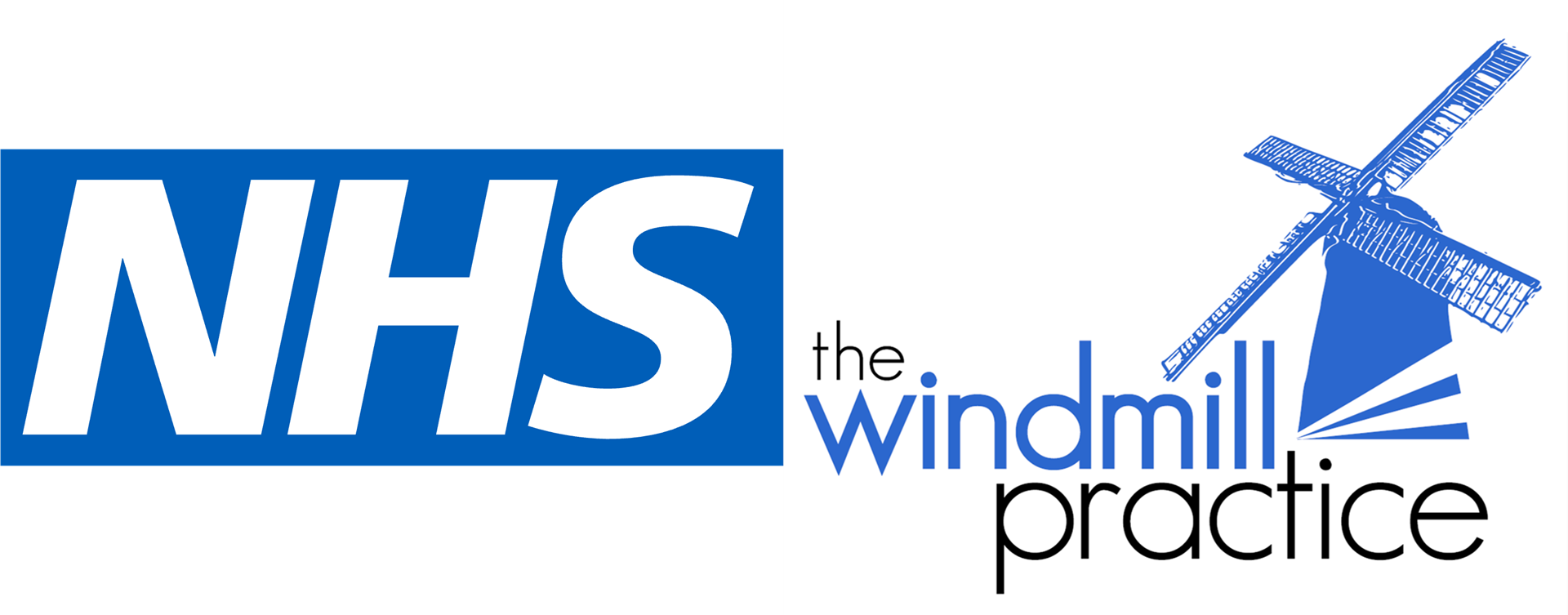After you have attended for a blood test or provided a sample, please wait 2 weeks before contacting the surgery if you have not had your results communicated. Please note that some test results may take longer to return from the lab.
We will contact every patient regarding your test results to let you know if it was normal or if you need to speak to a clinician or have some repeat tests.
Our admin staff will pass on results written by the GP but are not qualified to comment on them. If you wish to discuss them, please make a follow-up appointment with the doctor/nurse who arranged them.
Please note that we do have a strict policy regarding confidentiality and data protection. In this respect we will only give out results to the person they relate to unless that person has given prior permission for their release or if they are not capable of understanding them.
